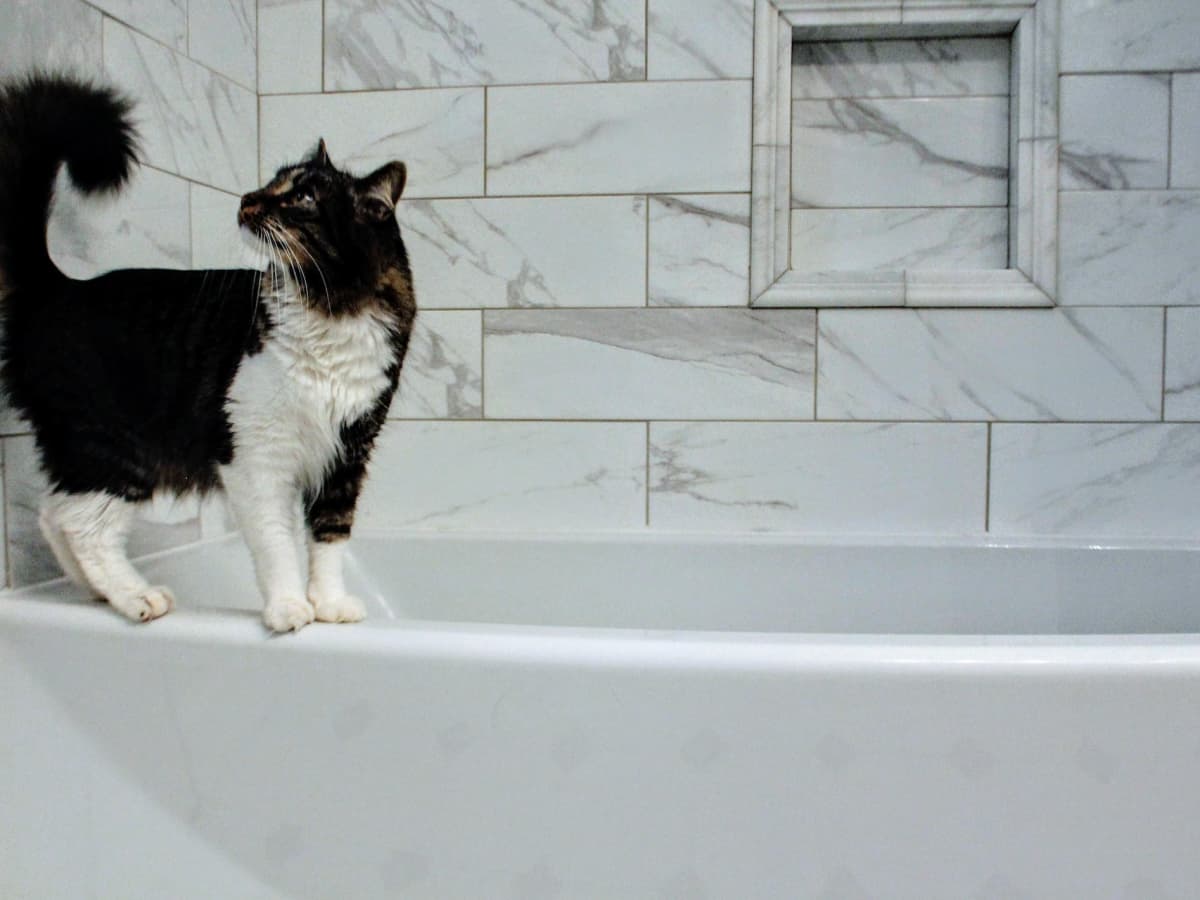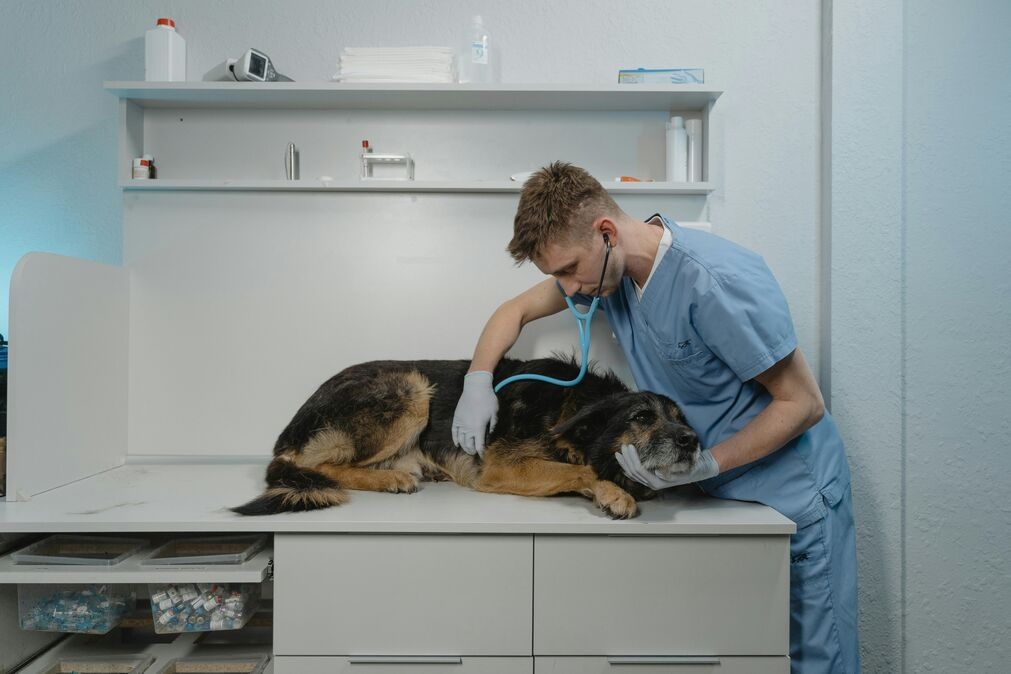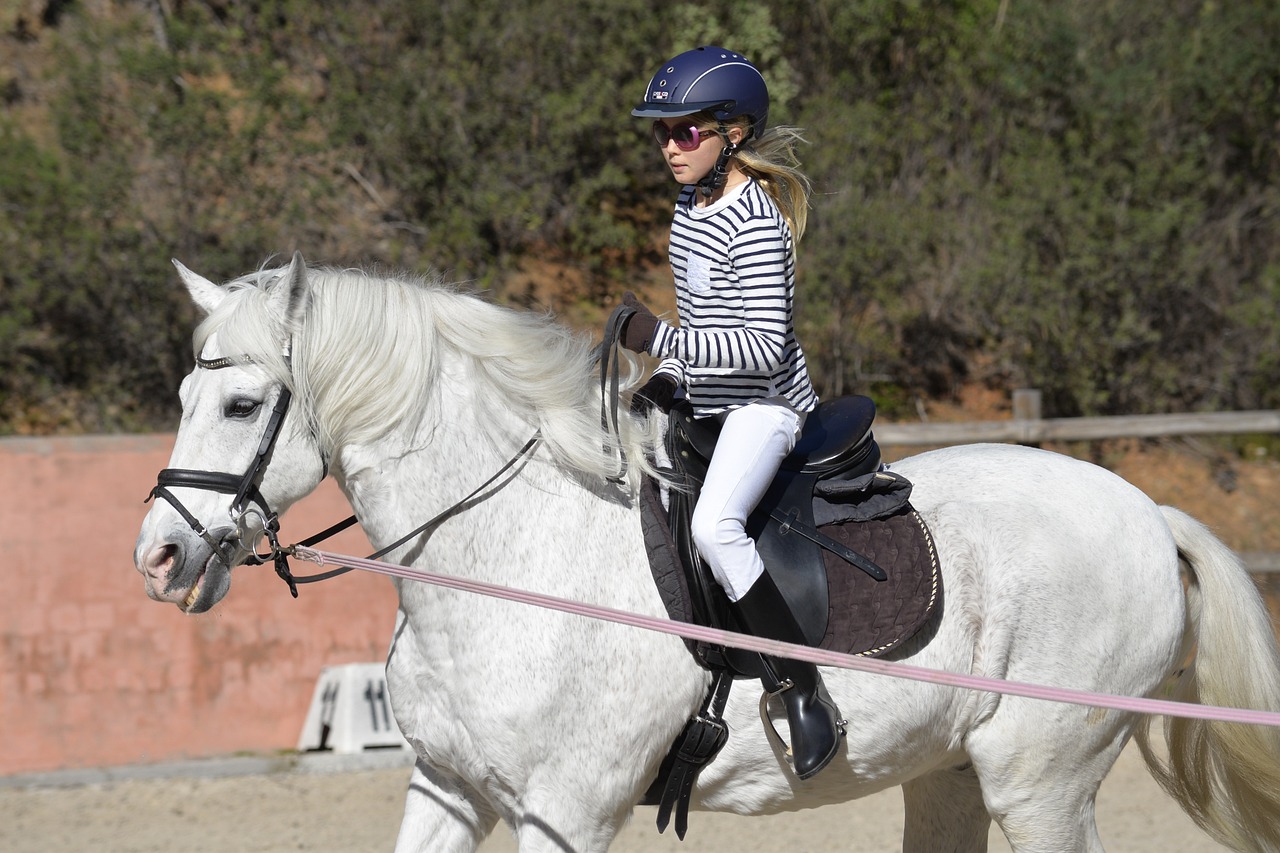Yes, you can shoot rats in your garden in the UK, but there are important rules to follow. You should use a legal and appropriate air rifle, ensure safety, and consider your neighbors. Make sure to prioritize humane and quick kills to minimize suffering. Non-lethal methods like traps are often a better first choice. Always check local regulations and keep safety in mind while dealing with rats in your garden.
Let’s explore more details!
Law on Killing Rats UK
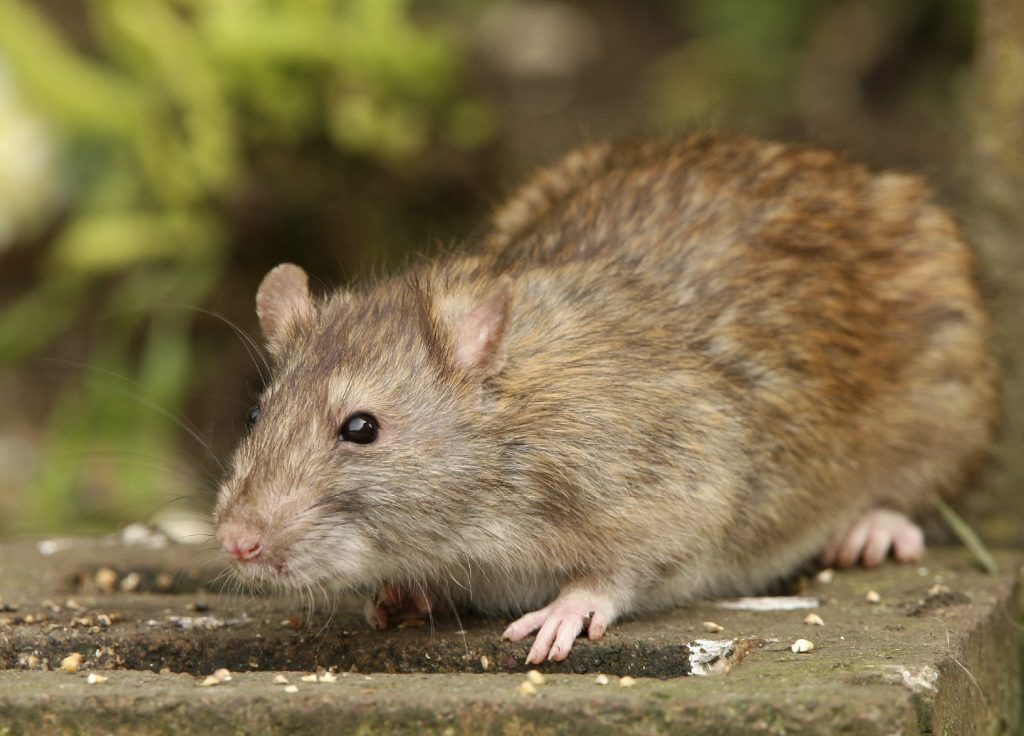
The legal framework regarding shooting rats in your garden in the UK is primarily governed by several key laws and regulations. It’s important to be aware of these legal considerations to ensure you’re in compliance with the law. Here’s a more detailed explanation of the legal framework:
Wildlife and Pest Control Act 2018:
- The Wildlife and Pest Control Act 2018 addresses the control of rats as pests. It provides guidelines and regulations for dealing with pests, including rats, to protect public health and property. This Act sets the legal framework for rat control, but it emphasizes the need for humane and responsible pest control methods.
Firearms Act 1968:
- The Firearms Act 1968 regulates the possession and use of firearms in the UK. If you intend to use firearms to shoot rats in your garden, you must comply with the requirements of this Act. This includes obtaining the appropriate firearms certificate or shotgun certificate, depending on the type of firearm you intend to use.
Air Weapons and Licensing (Scotland) Regulations 2016 (if applicable):
- If you are in Scotland and plan to use air weapons for shooting rats, the Air Weapons and Licensing (Scotland) Regulations 2016 applies. These regulations set out specific rules and requirements for the possession and use of air weapons, including those used for pest control.
Local bylaws and regulations:
- Local authorities may have specific bylaws or regulations that pertain to pest control, including shooting rats. It’s essential to check with your local council to ensure you are compliant with any additional rules or restrictions in your area.
Non-lethal alternatives
A. Traps:
- Snap Traps: Traditional snap traps can be used to catch them alive. These are should be checked regularly, and if a rat is caught, it can be released at a location far from your garden.
- Live Traps: They are specifically designed to catch rats alive. Once it is captured, you can relocate it to a remote area away from your property. Ensure you follow guidelines for humane handling and release.
Poisons:
- Rodenticides: While rodenticides can be lethal, they can also be used in a way that allows them to consume the poison and then leave the area before succumbing. This minimizes the risk of rats dying in your garden.
Repellents:
- Ultrasonic Repellents: These devices emit high-frequency sounds that are unpleasant for rats but generally harmless. They can deter rats from your garden.
- Natural Repellents: Consider using natural repellents like peppermint oil, predator urine, or ammonia-soaked rags to deter rats from your garden.
Professional Pest Control Services: Contacting a professional pest control service is a highly effective non-lethal option. They can assess the severity of your rat problem and use various methods to control and remove rats humanely.
Habitat Modification: Make your garden less appealing to rats by removing potential food sources, sealing garbage cans, and keeping the area clean and well-maintained.
Exclusion: Seal entry points and gaps in your property to prevent them from entering in the first place. This can be an effective long-term solution.
Natural Predators: Encourage natural predators of rats, such as owls, hawks, and cats, to frequent your garden. Building owl boxes or providing food and shelter for these predators can help keep rat populations in check.
Lastly, Using non-lethal alternatives can be both effective and humane in managing rat problems in your garden. When choosing a method, consider the safety of other animals and the environment, and be sure to follow local regulations and guidelines.
If non-lethal methods prove to be insufficient, you may need to consider more lethal options as a last resort, but always prioritize the well-being of all animals involved.
Shooting Rats in the Garden
- When to Consider Shooting:
- Only consider shooting rats if other methods haven’t worked, and the rat problem is severe.
- Safety First:
- If you decide to use a firearm, prioritize safety. Make sure you have the proper licenses, training, and follow firearm safety rules.
- Firearm Requirements:
- Use a suitable firearm that minimizes risks to neighbors and the environment. Air rifles or .22 caliber rifles are often used for pest control.
- Shooting Techniques:
- Aim for precise shots to minimize suffering. Headshots are the most humane. Be aware of your surroundings and ensure there are no people or pets nearby.
- Disposal of Carcasses:
- Properly dispose of rat carcasses to prevent disease spread. Use gloves and place them in sealed bags before disposing of them in your household waste.
Ethical Considerations
Here’s an explanation of the ethical considerations:
A. Humane Treatment of Animals:
- It’s crucial to treat rats humanely, even when they are considered pests. Using inhumane or cruel methods, such as causing unnecessary suffering, should be avoided. This includes using lethal methods that may result in prolonged pain or suffering for the animals.
B. Avoiding Collateral Damage:
- When attempting to control rat populations, consider the potential harm to other wildlife, pets, or non-target species. Some pest control methods, like poison, may harm unintended animals, which should be minimized or prevented.
C. Neighbours and Community Considerations:
- Your actions may impact your neighbors and the broader community. Shooting or using loud devices in residential areas can disturb others and create conflicts. It’s important to balance your need for pest control with being a considerate neighbor.
D. Long-Term Sustainability:
- Consider the long-term impact of your pest control methods on the environment. Overusing poisons or lethal methods can disrupt the ecosystem and may not be a sustainable solution.
E. Local Regulations and Guidelines:
- Always adhere to local laws and guidelines regarding pest control. Many regulations exist to ensure ethical and responsible pest control practices.
F. Alternative Methods First:
- Before considering lethal options, exhaust non-lethal alternatives to resolve the issue in an ethical manner.
What You Can Shoot
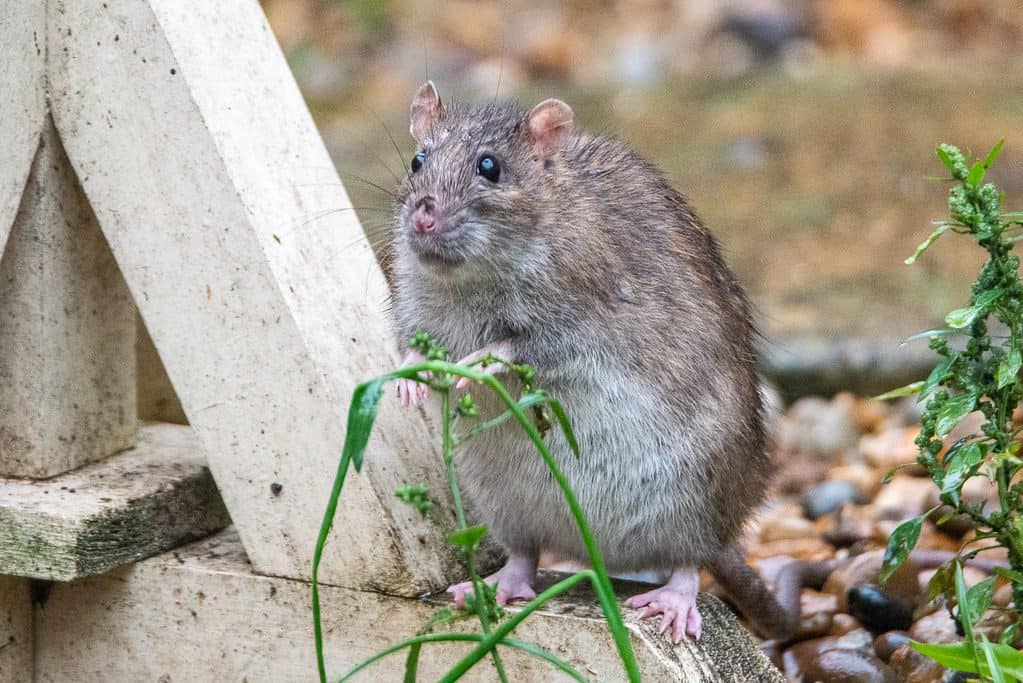
- Target Shooting
- Clubs and Safe Backstops
- Live Quarry Shooting
- Understanding Legal and Power Limits
- Pest Bird Species and Landowner Permission
- Suitable Mammal Quarry and Consent
FAQ’s
Should I be worried if I see a rat in my garden?
Yes, Rats in your garden should raise concern as they can spread diseases like Leptospirosis. Taking action to address their presence is advisable.
How do I get rid of rats in my garden in the UK?
Start by removing clutter that provides hiding spots for rats. Using live traps with bait can help make your garden less hospitable to them.
What is the most effective method of killing rats?
Traps are a cost-effective way to eliminate rats. There are baited and unbaited traps, with unbaited traps suitable for long-term use.
Do rats jump when shot?
Yes, rats may exhibit erratic movements when shot due to their nervous system’s response. Shooting rats can be effective, but it’s important to prioritize humane and quick kills.
What smell do rats hate the most?
Rats dislike the smell of peppermint, which can be used as a natural deterrent in rat removal efforts.
What kills rats quickly?
Snap traps are known for killing rats quickly and with minimal suffering. Always use proper protection when handling trapped rats.
Can I buy rat poison in the UK?
Yes, you can purchase rat poison in the UK, and there are various products available for both indoor and outdoor use.
What attracts rats to your garden in the UK?
Untidy gardens with hiding places like piles of leaves can attract rats. Keeping your garden neat and tidy reduces the risk of rat infestations.
Conclusion
To sum up, shooting rats in your garden in the UK is legally permissible, but it comes with responsibilities. You must adhere to firearm laws, prioritize safety, and consider ethical and humane treatment of the pests.
Furthermore, before resorting to shooting, explore non-lethal alternatives. Communication with neighbors, awareness of environmental impact, and compliance with local bylaws are essential. Always prioritize safety and the well-being of both animals and the community when addressing rat issues in your garden.







